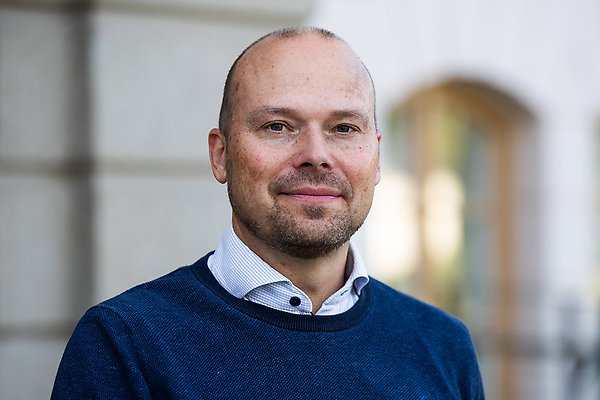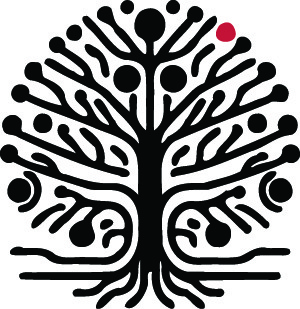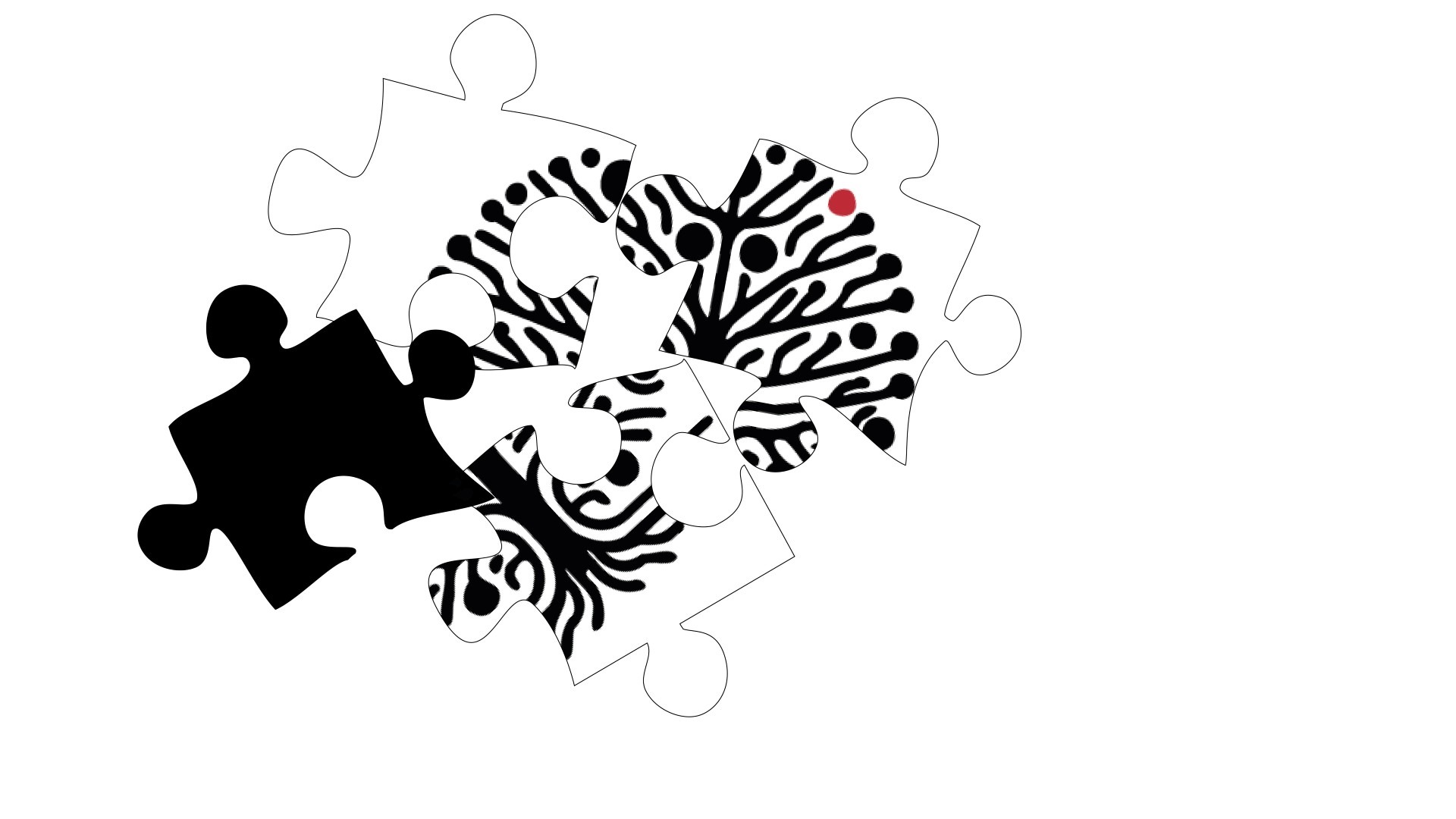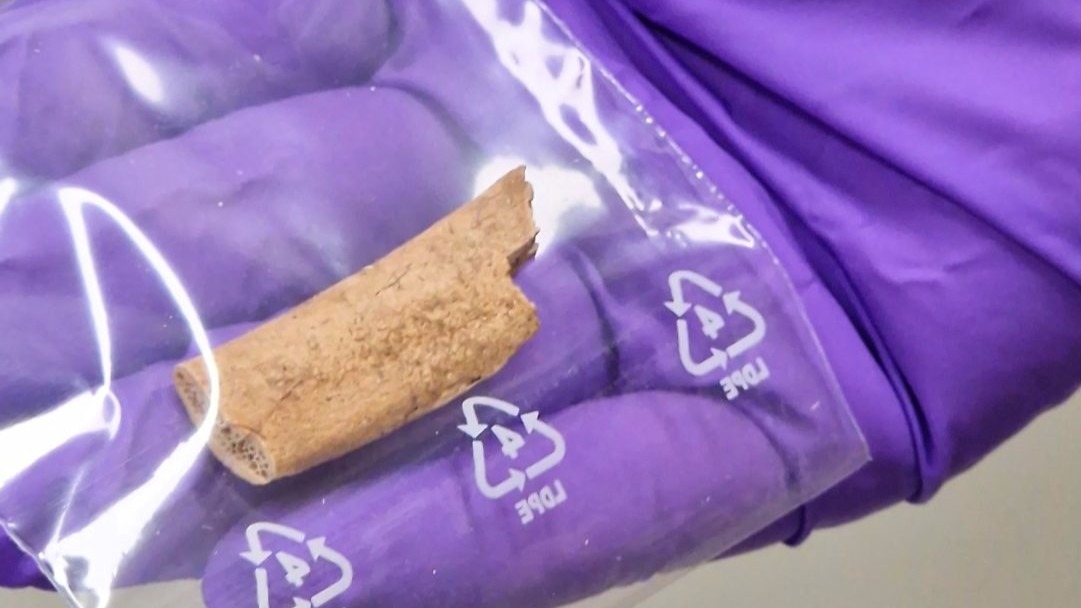
The Knut & Alice Wallenberg Foundation has just published an update on the research by Mattias Jakobsson, one of the KAW scholars.
Mattias Jakobsson’s focus in his new Wallenberg Scholar project is to track the development that occurred between 300,000 and 600,000 years ago, following the genetic line that leads to modern humans.
The material that he and his research team work with, old skeletal parts, is often kept in museums in Africa. Together with several museums and colleagues from South Africa, they selected bone fragments and teeth from human remains excavated from archaeological sites across southern Africa. From these remains, the research team successfully extracted and sequenced DNA from 28 individuals who lived between a few hundred years ago and 10,000 years ago in southern Africa.



